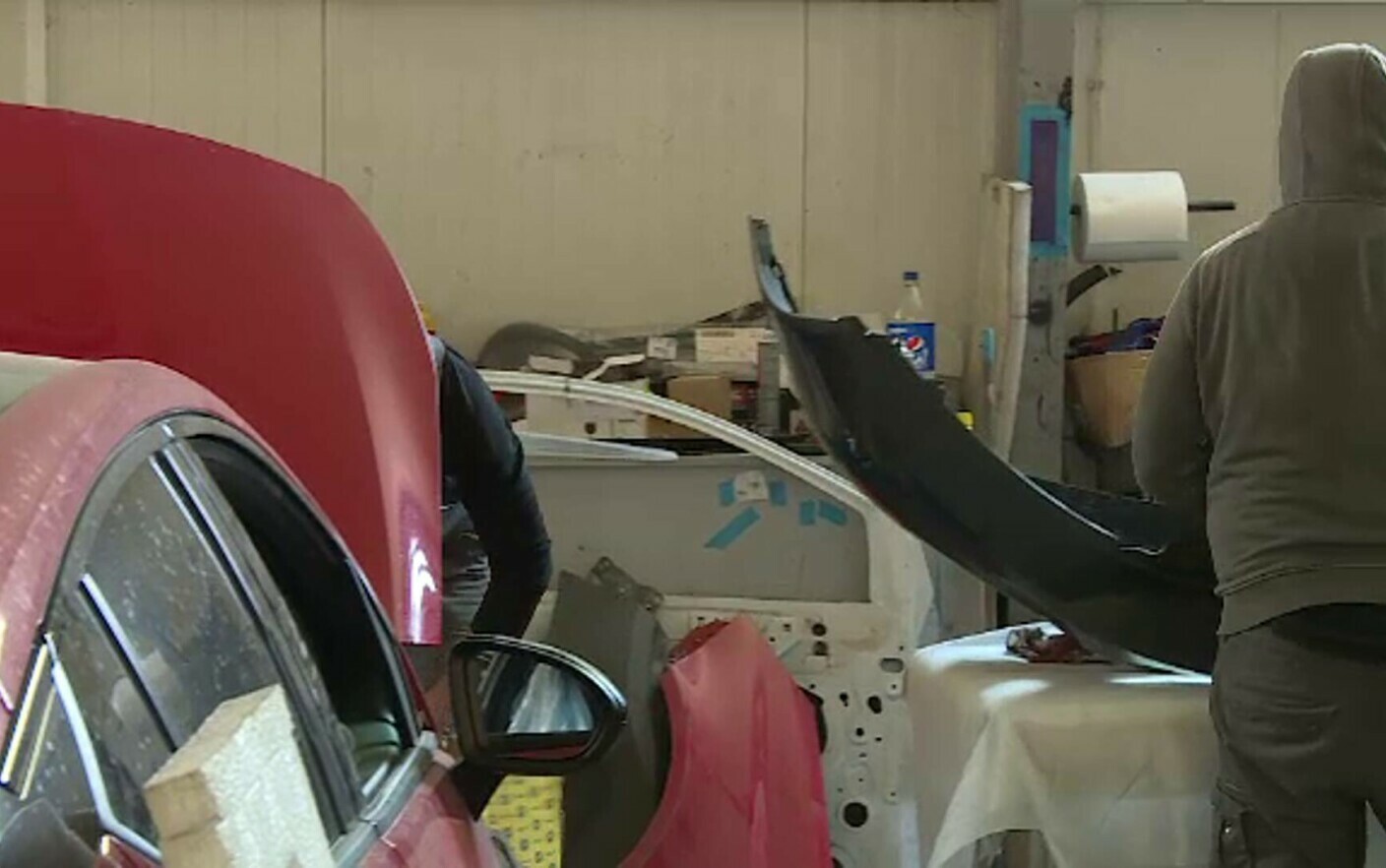The metaverse, that digital universe in which you can walk under the identity of an avatar, is a challenge for television as a passive means of entertainment, and for its advertising revenue.
Industry experts, meeting this week at the MIPTV fair in Cannes, analyze the fascination generated by this new space among the youngest, who seem to feel very comfortable with a virtual identity.
Watching a children’s program at a precise time on television ceased to interest the Alpha generation, as marketing experts have baptized young people born after 2010.
“TV has just become another box in the living room,” explains David Kleeman, vice president of international trends for UK game developer Dubit.
In a score of countries, minors receive their first mobile phone at the age of eight, according to a Dubit survey.
Kleeman went to MIPTV to explain to the executives of the big networks and platforms how to prepare for the metaverse.
We will have to get into these scenarios and go find young people, hooked on video games like Minecraft, Fortnite or Roblox, warns this expert.
These virtual worlds have become “the playgrounds of the 21st century”, explains Frédéric Cavazza, CEO and co-founder of the Sysk cabinet, specialized in digital transformation.
Children can play and make friends, travel to different and parallel worlds, create or watch concerts where the audience is measured in the millions.
More than 33 million viewers attended a concert by American rapper Lil Nas X in Roblox in 2020, close to 28 million to an event with Travis Scott in Fortnite that same year.
More than half of 9-12 year olds play Roblox at least once a week in the US.
And more interestingly, these guys prefer to spend their weekly pay in those places, according to a study by Dubit.
That presents a considerable advertising challenge, warns Matthew Warneford, founder of Dubit.
The money “inevitably goes where people prefer to spend their time”, and currently “2.8 billion people” in the world regularly play some form of entertainment, he explains.
The advertising departments of traditional television networks “don’t know how to sell” advertising in these metaverses, explains Cavazza.
Some networks have experimented with virtual or augmented reality (allowing digital images to be superimposed on real life, such as the Pokemon Go game or cell phone filters).
The British public audiovisual group BBC, which has a research and development laboratory, told AFP that “at the moment” it does not have any specific project for the metaverse, but that it “closely follows new technologies.”
Its French counterpart, France Télévisions, tried an experience at the Winter Olympics in February: it recreated a virtual studio in which users could try bobsleighing or skiing in its slalom form.
It was a test, but “if we want to remain relevant, we will have to be present in all these types of scenarios, to reach all audiences,” acknowledges Kati Bremme, from the France Télévisions innovation department.
Creating a complete virtual universe can be expensive: the simplest immersive scenarios cost about 30,000 euros ($35,000), the most complete hundreds of thousands of euros.
cgu-er/jz/pc
–
:quality(70)/cloudfront-us-east-1.images.arcpublishing.com/gruponacion/IL7NHAQXPNFMTOD6SV75RZWXJA.png)

